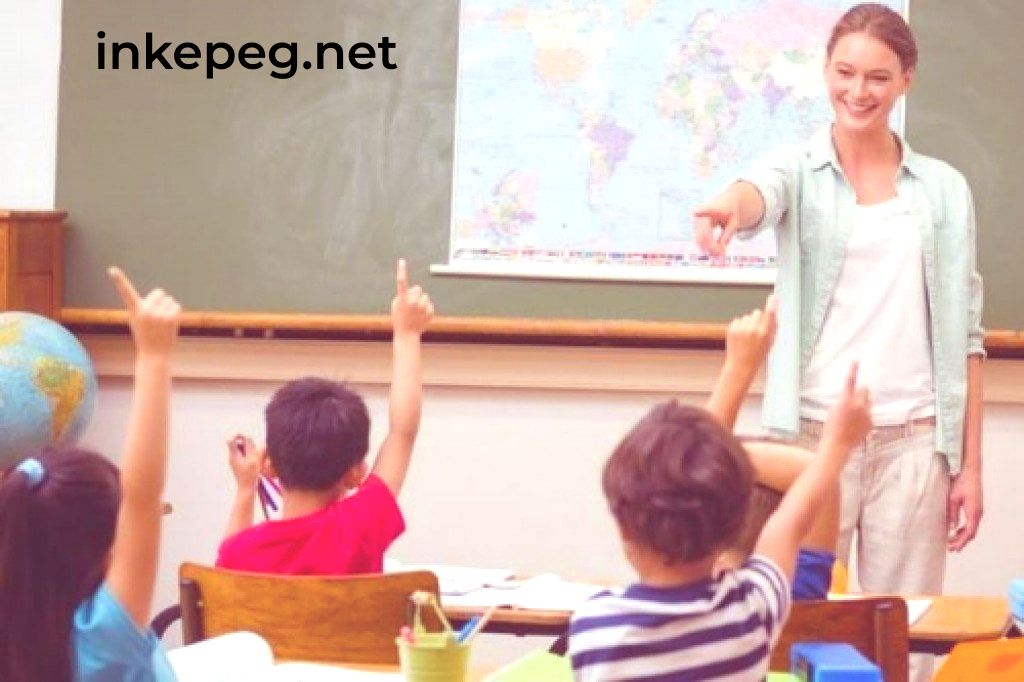In today’s increasingly globalized world, the ability to understand and navigate different cultures is more essential than ever. Cross-cultural learning, a key component of international education, plays a crucial role in shaping well-rounded slot bet kecil individuals who can thrive in diverse, multicultural environments. This educational approach promotes understanding, fosters collaboration, and nurtures personal growth, all of which contribute to success in a globally connected world.
Studying in an international context provides unique opportunities to learn not just from textbooks, but also from real-world experiences with people from various cultural backgrounds. This article explores the power of cross-cultural learning and how it enhances both academic and personal development.
1. Understanding Diverse Perspectives
One of the most significant advantages of cross-cultural learning is the ability to understand diverse perspectives. By engaging with people from different countries, cultures, and belief systems, students gain insight into how others view the world. This exposure challenges preconceived notions and broadens one’s understanding of global issues, making it easier to appreciate the complexities of international relations, economics, and social dynamics.
Learning from peers with varied life experiences and viewpoints fosters empathy and tolerance, essential qualities for collaboration in today’s interconnected world. Cross-cultural learning encourages students to think critically about their own cultural norms and values while embracing the differences that make each culture unique.
2. Promoting Global Citizenship and Empathy
In a world that is becoming more interconnected, being a global citizen is an invaluable quality. Cross-cultural learning fosters this sense of global citizenship by encouraging individuals to see themselves as part of a global community, not just as citizens of their own country.
When students engage with people from different cultural backgrounds, they are often confronted with different ways of thinking, living, and solving problems. This exposure helps them develop empathy for others and a deeper understanding of global issues such as inequality, climate change, and human rights. As students recognize that the world’s challenges require global solutions, they learn to think beyond borders and act with a sense of responsibility towards humanity.
3. Enhancing Communication and Collaboration Skills
Cross-cultural learning provides students with the tools to communicate effectively with people from diverse backgrounds. Language barriers, different communication styles, and contrasting social norms can initially pose challenges, but overcoming these obstacles develops crucial interpersonal and professional skills.
Students who engage in international education often improve their ability to adapt to diverse situations, negotiate differences, and collaborate on joint projects. Whether through group assignments or social activities, cross-cultural learning hones skills that are invaluable in the workplace. In today’s global job market, the ability to work with people from various cultures is highly sought after, especially in multinational companies and international organizations.
4. Personal Growth and Self-Awareness
Living and studying in a foreign country requires students to step out of their comfort zones. This experience of adapting to new environments, cultures, and ways of life leads to significant personal growth. Students develop self-confidence, independence, and resilience as they learn to navigate challenges in an unfamiliar setting.
The process of adjusting to a different culture also promotes self-awareness. Students often reflect on their own cultural biases, values, and assumptions, which can lead to a deeper understanding of themselves and their place in the world. This journey of self-discovery is an essential aspect of cross-cultural learning and contributes to the overall growth of an individual.
5. Preparing for a Globalized Workforce
As economies become more interconnected and industries become more global, employers are increasingly looking for individuals with cross-cultural competency. Cross-cultural learning provides students with the skills they need to thrive in a globalized workforce. Understanding how to work with people from different cultures and adapting to various work environments are key traits for success in many fields, from business and diplomacy to technology and education.
Moreover, students who have participated in cross-cultural learning often demonstrate creativity, problem-solving abilities, and flexibility, as they have learned to navigate the complexities of different cultures. These skills are highly valued in today’s job market, where multinational teams are common, and global collaboration is often necessary for innovation and progress.
The Power of Cross-Cultural Learning
Cross-cultural learning is a powerful tool that goes beyond just acquiring knowledge—it’s about becoming a global citizen, understanding diverse perspectives, and developing skills that are essential for success in both personal and professional life. Through international education, students gain the tools to navigate an increasingly interconnected world, fostering empathy, collaboration, and growth.
As the world continues to change and evolve, the importance of cross-cultural learning will only increase. Students who embrace these opportunities are better equipped to face the challenges of the future and contribute to a more inclusive and understanding world.



